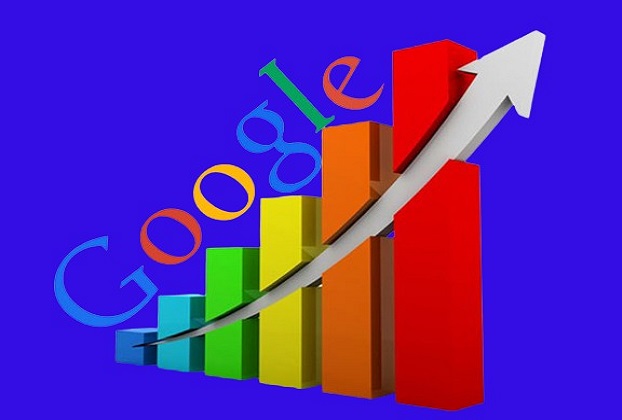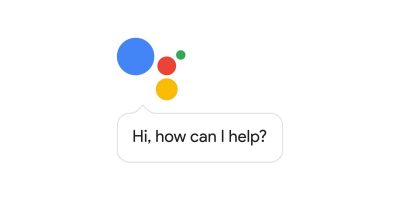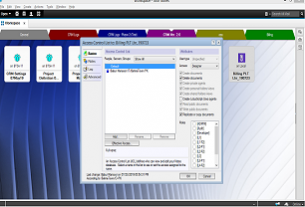Google ranking refers to the position at which your website appears in search engine results pages when users search for relevant keywords or phrases. The higher your website ranks in these results, the more likely it is that people will click on your website and visit it.
Although there’s no silver bullet to improve Google ranking of your website over-night, yet following are briefed some essential tips and tricks that can help you improve your website in the eyes of Google in a graceful manner.
![]() Use unique text content on your website, don’t copy it from some other’s content and place it to your website. Plagiarism is strictly taken as a crime in the world of content writing. In order to strictly discourage plagiarism Google uses an algorithm named “Panda” and this algorithm is designed to detect all websites that are found to have copied text content and will apply a penalization that enormously affects the ranking of those websites.
Use unique text content on your website, don’t copy it from some other’s content and place it to your website. Plagiarism is strictly taken as a crime in the world of content writing. In order to strictly discourage plagiarism Google uses an algorithm named “Panda” and this algorithm is designed to detect all websites that are found to have copied text content and will apply a penalization that enormously affects the ranking of those websites.
![]() Make sure you check your page for plagiarism or duplicate content using the www.siteliner.com. This service also provides report of broken links in your website.
Make sure you check your page for plagiarism or duplicate content using the www.siteliner.com. This service also provides report of broken links in your website.
![]() Add content to your website regularly, every other day if you can’t add content on daily basis. Doing so will put an impression on Google and other search engines that your website is “awake” and constantly active. This is natural because your website’s audience does want the same, and want to see something new on your website every off and on.
Add content to your website regularly, every other day if you can’t add content on daily basis. Doing so will put an impression on Google and other search engines that your website is “awake” and constantly active. This is natural because your website’s audience does want the same, and want to see something new on your website every off and on.
![]() Make sure every page you want to rank has at least a satisfactory on-page SEO score (e.g using www.verifyseo.com)
Make sure every page you want to rank has at least a satisfactory on-page SEO score (e.g using www.verifyseo.com)
![]() Build back-links of most of the pages from your website. Avoid building back-links only to pages you plan to rank – that will look aberrant by Google, and your website will be ranked lower.
Build back-links of most of the pages from your website. Avoid building back-links only to pages you plan to rank – that will look aberrant by Google, and your website will be ranked lower.
![]() Make sure that the targeted keywords you want to rank do exist in the page’s content. The keyword(s) should exist in the title of the page, usually H1 tag – and on the page content 1 to 3 times, or a little more, but remember that frequent use of keywords on the page will make adverse effect on page ranking.
Make sure that the targeted keywords you want to rank do exist in the page’s content. The keyword(s) should exist in the title of the page, usually H1 tag – and on the page content 1 to 3 times, or a little more, but remember that frequent use of keywords on the page will make adverse effect on page ranking.
![]() It is quite significant to create 2 or more pages in your website that are targeting the same keyword and add a link to the major page you want to rank from these pages to create internal back-links.
It is quite significant to create 2 or more pages in your website that are targeting the same keyword and add a link to the major page you want to rank from these pages to create internal back-links.
![]() Add sufficient descriptive links in your web pages. The links may lead to pages on other sites or to the same website. The aim is to engage the visitors in an impressive manner and to let Google be more confident on the gist of your content because of the addition of the context specific links.
Add sufficient descriptive links in your web pages. The links may lead to pages on other sites or to the same website. The aim is to engage the visitors in an impressive manner and to let Google be more confident on the gist of your content because of the addition of the context specific links.
![]() Elaborate your media content; images and videos using alt tags, that is alternative text descriptions. They allow search engines to locate and ‘understand’ your page content, which is imperative again for Google and other search engines to precisely rank your pages.
Elaborate your media content; images and videos using alt tags, that is alternative text descriptions. They allow search engines to locate and ‘understand’ your page content, which is imperative again for Google and other search engines to precisely rank your pages.
![]() Mobile-optimization: More and more people access the internet through their mobile devices as compare to computers and laptops, so having a mobile-optimized website is crucial. Make sure your website is fully responsive and loads quickly on mobile devices.
Mobile-optimization: More and more people access the internet through their mobile devices as compare to computers and laptops, so having a mobile-optimized website is crucial. Make sure your website is fully responsive and loads quickly on mobile devices.
It’s important to note that Google’s ranking algorithms are sophisticated and constantly evolving, so it’s important to stay up-to-date with the latest best practices and algorithm changes to ensure your website remains competitive in search rankings.




